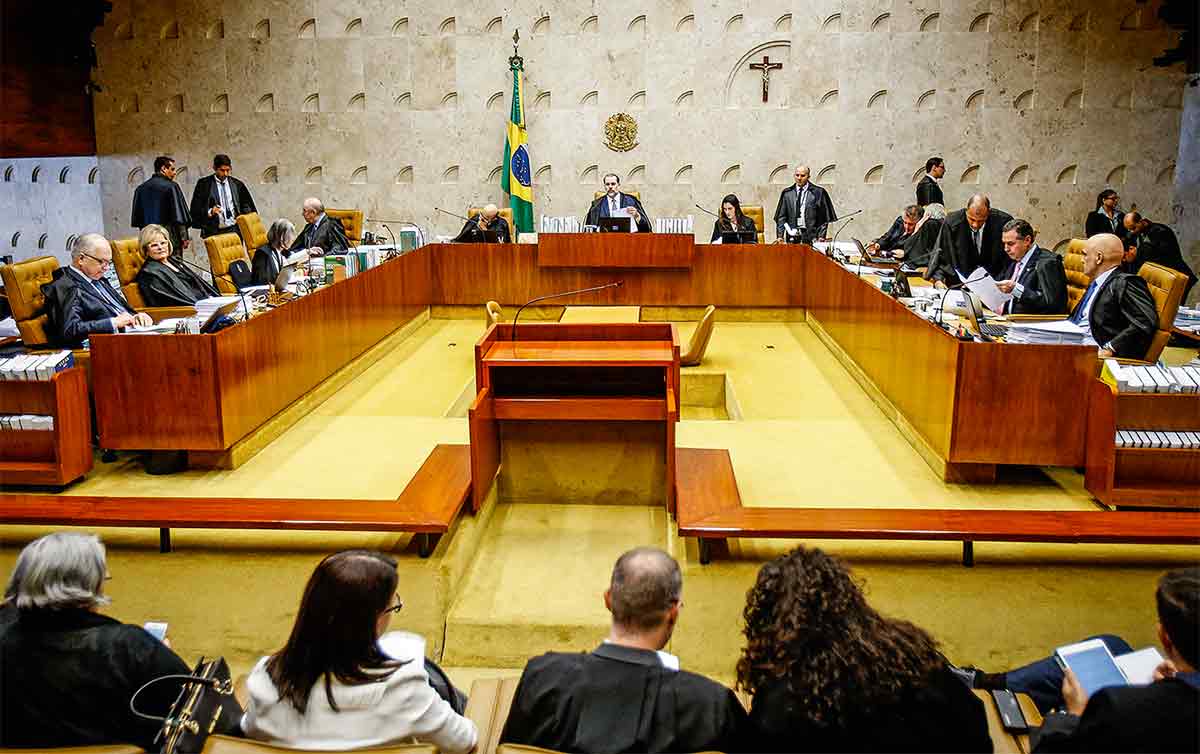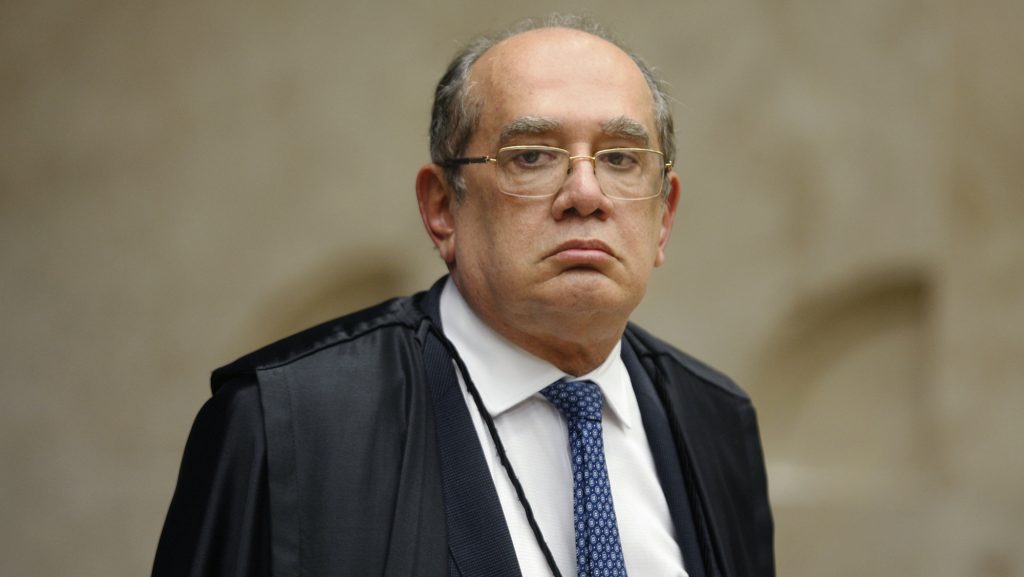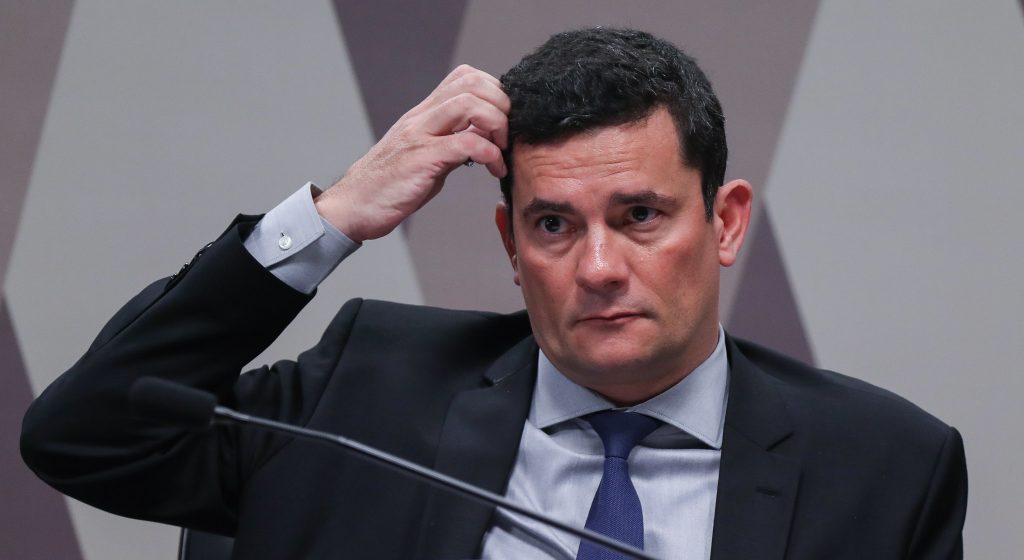RIO DE JANEIRO, BRAZIL – The Federal Supreme Court (STF) may seek to confirm the messages exchanged by Telegram between prosecutors of Operation Lava Jato and former judge Sérgio Moro and obtained by The Intercept and published by several media outlets, among them, El País.

The initiative, according to the newspaper Folha de S.Paulo, may come from Justice Gilmar Mendes, who has been mentioning the content of conversations during plenary sessions to criticize the practices of prosecutors and Moro.
“Lava Jato used pre-trial detention as an element of torture,” the Justice said Wednesday, criticizing the operation’s methods based on the messages. With support from other Justices, according to the newspaper, Mendes may ask the Federal Prosecutor General (PGR) to certify the authenticity of the files. El País newspaper was unable to confirm the information with the Justice.
The likelihood of this verification was raised in the same session on Wednesday, when the deputy prosecutor general, Alcides Martins, appointed by the new prosecutor general, Augusto Aras, expressed his desire to forward the content to the PGR.
“I wanted to make clear here my concern with all the positions taken by the distinguished Justice Gilmar Mendes. It is not appropriate to make any value judgment, neither in relation to people nor in relation to institutions, [the] acts, their gravity mentioned,” said Martins. “If I may, Justice Gilmar if you could refer these elements to the Office of the Prosecutor General so that they are assessed by those who are entitled because what has been said is of extreme gravity”.

Until the publication of this report, the PGR had not yet received any request for comments. But on Friday morning, President Jair Bolsonaro had already opposed the potential initiative. According to a brief statement to journalists on leaving the Palácio da Alvorada, the conversations were obtained illegally and therefore should not be verified as to their authenticity. “If [the message] is criminal, it is criminal. It’s just as much a breach of secrecy. If it complied with the law, fine. If it didn’t, it’s wrong,” said the president.
In any case, the PGR may receive the material both from the Federal Police, who seized the full messages and four suspects involved in the hacking of officials on July 23rd and from the Supreme Court. The reason for this is that, after the seizure of the material, Justices Alexandre de Moraes and Luiz Fux requested the complete messages in two different cases.
Justice Minister Sérgio Moro even hinted he would destroy the messages, which involve himself, among other officials, but, with the Supreme Court’s determination, the material is in the court’s custody. In addition to banning its disposal, Fux asked for a copy of all content seized for the STF, but the decision still needs to be approved by the full Supreme Court, comprising 11 justices.
These messages could hitherto be used by the defense, because, even if obtained illegally, they serve as evidence for the defendants. Among them, former President Lula, who already had a writ of habeas corpus submitted to the Supreme Court based on Moro’s suspicion since last year. But after the publication of conversations between the former judge and the coordinator of the Lava Jato task force in Curitiba, Deltan Dallagnol, the conversations were appended to the case file.

According to the former president’s defense counsel, the attachments reinforce the theory that the former judge was biased in judging him. Now, if the verification of this content in fact occurs and its authenticity is attested, they may used in prosecutions.
The likelihood of verification of the messages further narrows the siege against Lava Jato and comes in the wake of other news that may change the course of the operation. This week, the Supreme Court decided that defendants must present their final briefs last, after those of co-defendant whistleblowers, and that cases that did not follow this policy may see their convictions reviewed. However, the discussion on potential restrictions to the scope of the decision remained open, in order to avoid a flood of vacated sentences.
It is expected that the Presiding Justice, Justice Dias Toffoli, will resume the discussion in the second half of October. And it is possible that this occurs in the same week, or even on the same day, on which the full STF will vote the actions that question the constitutionality of imprisonment after convictions are upheld by an appellate court, one of the main achievements of Lava Jato.
To top everything up, Lula’s writ of habeas corpus, which challenges the fairness of then judge Moro, may also be included in the Supreme Court’s voting package by the end of the year.
Source: El País

